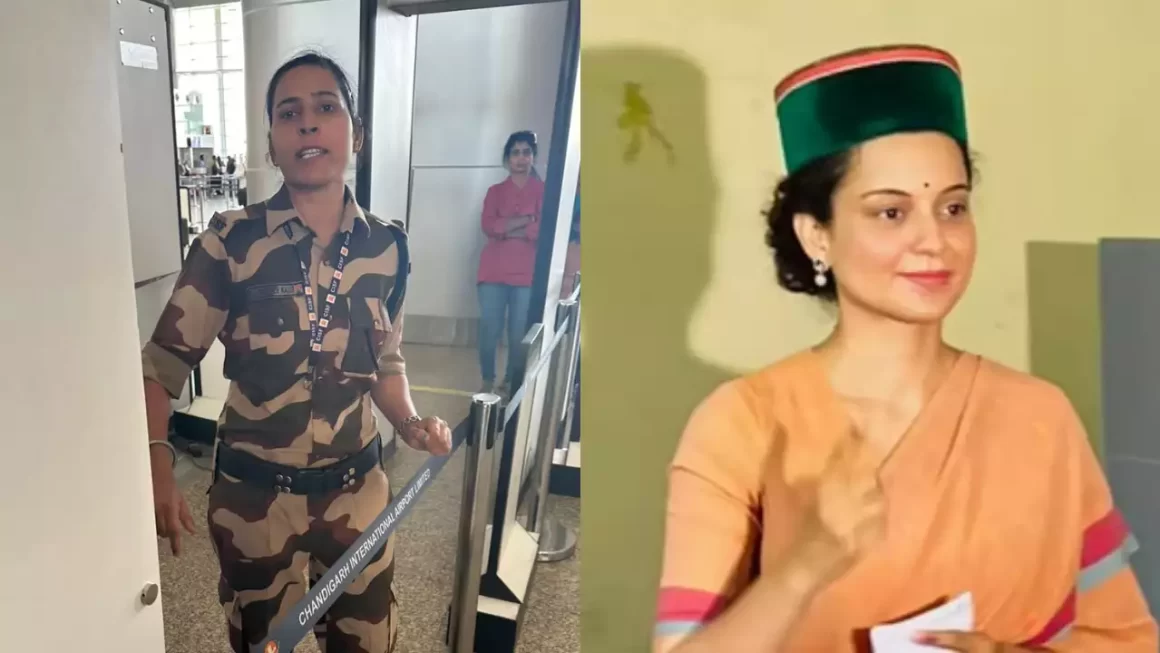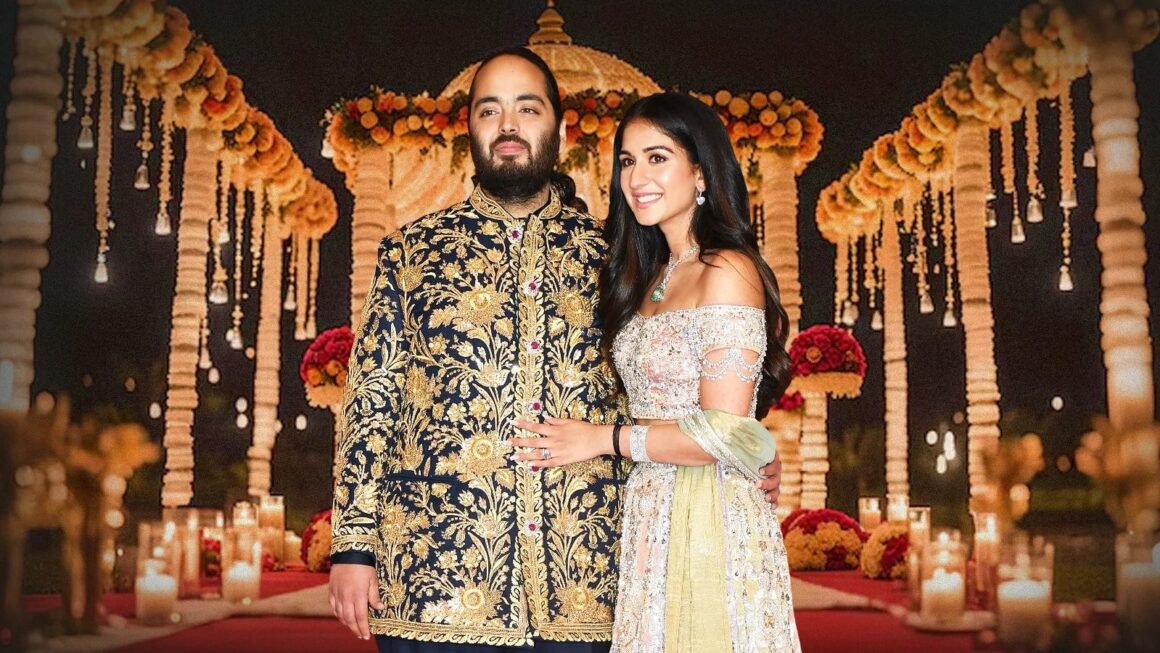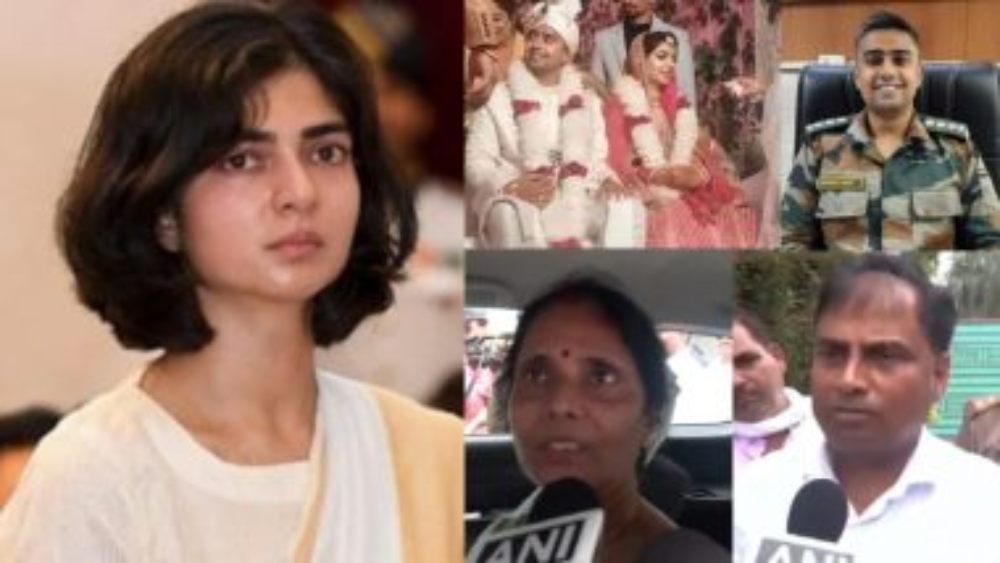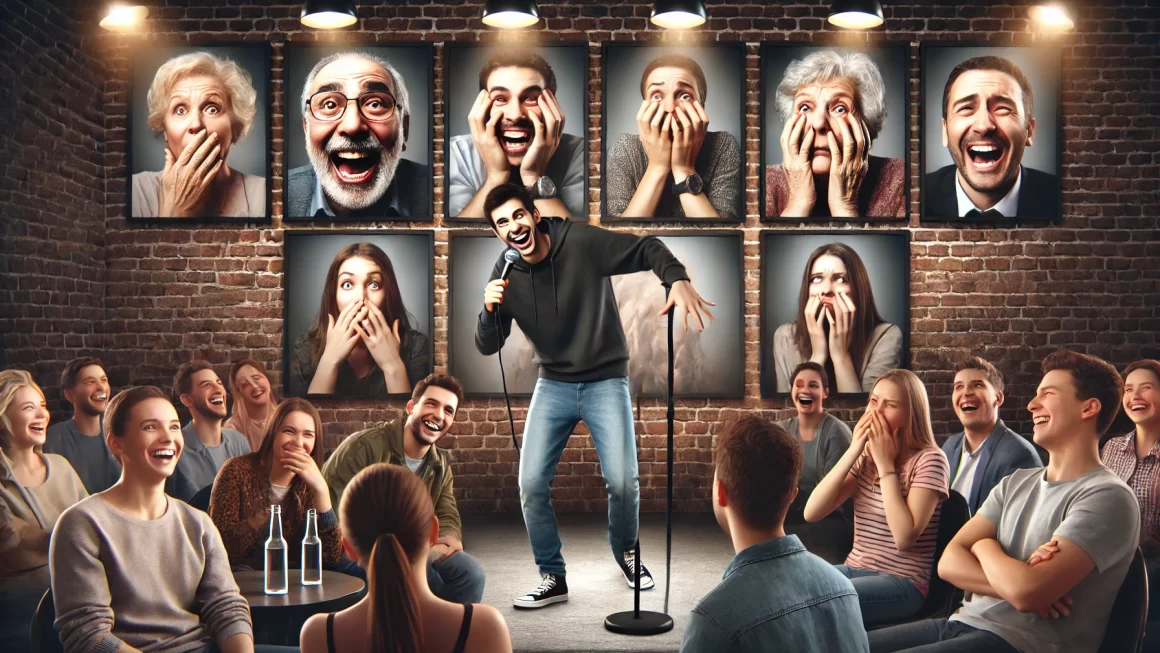In a shocking incident at an airport a day before yesterday, Bollywood actress Kangana Ranaut was slapped by CISF officer Kulwant Kaur. This altercation has sparked a wide-ranging discussion about freedom of speech, the boundaries of dissent, and the consequences of physical violence in addressing ideological disagreements.
Kangana Ranaut, known for her fearless and sometimes controversial statements, had previously expressed views on the farmers’ protest which did not sit well with Kaur, whose mother was a participant in the same protests. This personal connection to the issue may provide context but does not justify the physical assault.
The incident raises significant concerns about the state of dialogue and dissent in India. Freedom of speech is a fundamental right under the Constitution, intended to foster a robust public discourse essential for the health of any democracy. When disagreements turn into physical confrontations, it signals a breakdown in our democratic dialogue.
Critics and supporters of Ranaut have diverged sharply in their reactions. While some view the slap as a justified expression of dissent, others see it as a dangerous breach of civil conduct. It is crucial to recall that endorsing violence can lead to a slippery slope, eroding the very foundations of lawful and peaceful expression. If we start justifying physical assaults over verbal disagreements, where do we draw the line?
The celebration of such acts by political figures and parties is equally troubling. Drawing parallels, some have referenced the assassinations of former Prime Ministers Indira Gandhi and Rajiv Gandhi, suggesting that if one act of violence is celebrated, it might tacitly endorse other, more severe acts of violence. This is not just about one officer or one actress; it’s about what kind of discourse we encourage in our society.
Furthermore, the historical assassination of Mahatma Gandhi by Nathuram Godse, driven by ideological disagreement, serves as a stark reminder of the extreme consequences of allowing violent expressions of dissent to go unchecked. If one justifies Kaur’s action today, does it inadvertently validate Godse’s too? This comparison, though extreme, is meant to provoke thought about consistency in our moral and legal standards.
The incident is a wake-up call for all stakeholders in society—from political leaders and celebrities to the common citizen—to reaffirm their commitment to non-violence and constructive dialogue. We must resist the impulse to meet words with blows, however provocative they may be.
As I stand with Kangana Ranaut in her right to speak without fear of physical retaliation, let us also stand for a broader principle: that in a democracy, dialogue is the only way forward, and violence a regressive step backward. Let this incident not define us, but rather inspire a renewal of our commitment to the democratic values we hold dear.




